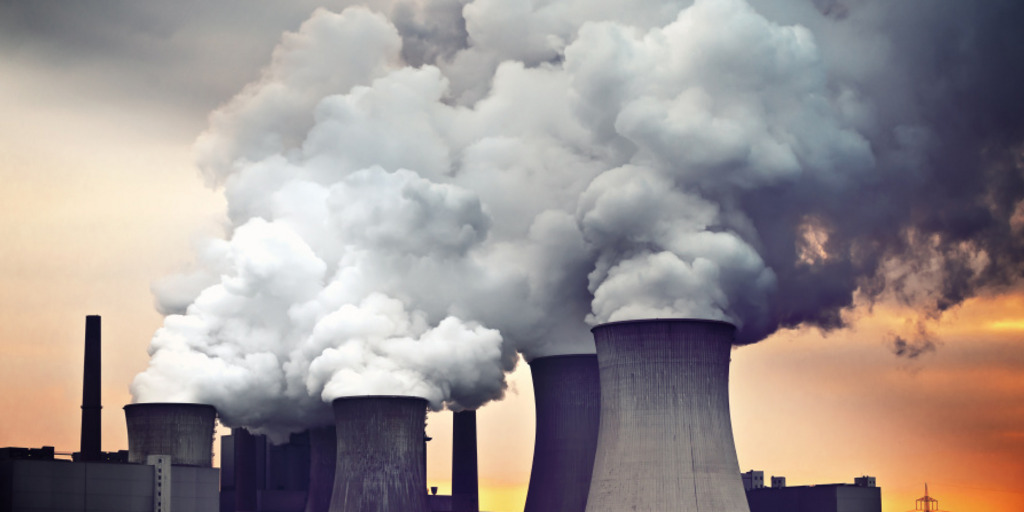By adapting the liability principle to international climate policy, the Global Economic Dynamics and Transformation Index BTI projects of the Bertelsmann Stiftung discuss the different responsibilities in the fight against global warming in a focus paper. Calling for consistent adherence to the liability principle, the authors draw a sobering conclusion of the efforts made so far by the leading countries responsible for climate change. The liability perspective allows a clear demarcation and the separate consideration of different responsibilities of the states depending on their role in causing global warming. Aiming to contribute to a focused international debate, the paper discusses where and to what extent measures and instruments should be taken to reduce CO2 emissions. Three subcomponents of the liability principle are distinguished:
- Historical liability is measured by a country's past cumulative CO2 emissions. It ascribes to developed industrialized countries the responsibility to bear the main burden on the path to greater resource conservation and climate neutrality through emissions reductions, climate protection investments, and development policy support.
- The current liability is determined by a country's share of current total global CO2 emissions. A key instrument is a CO2 price linked to avoiding evasive climate-damaging investments in countries with weak environmental regulation.
- Fiduciary liability identifies the shared international responsibility for conserving natural CO2 reservoirs and other climate-related global assets, coupled with a look at countries' different roles in doing so.
The international community and national governments have a broad and continuously expanding set of instruments at their disposal for climate finance, emissions reduction, and forest protection. However, there is a varying willingness to take responsibility and assume historical, current, and fiduciary liability. For instance, nearly all OECD countries are missing their emissions reduction targets under the Paris Agreement. Many have so far fallen short of their climate finance commitments. Some of the largest emerging economies are unwilling to pursue ambitious climate policies, such as Russia and Turkey. China's role in combating global warming is central, given the country's enormously high current CO2 emissions.
While some emerging economies studied do not have the necessary capacity, others lack the willingness to shape climate policy. Mexico, Russia, and Turkey are exemplary for a group of countries where domestic fossil fuel industries have a decisive influence on national climate and environmental policy. Moreover, the introduction of some climate protection instruments poses significant socioeconomic challenges, especially for poorer countries and their populations. Therefore, the need for equitable support between countries and within societies should not be overlooked.







